You’ve optimized every graphics setting, upgraded your GPU, and your internet speed is blazing fast. Yet something still feels off when you’re connecting to game servers or downloading updates. The culprit might be hiding in plain sight: your DNS server.
The difference between a slow ISP DNS and an optimized one can mean waiting 30 seconds versus 3 seconds to find a match. This guide reveals which DNS servers actually deliver for gaming in 2025.
DNS Speed Comparison
Average query response time (lower is better)
What is DNS and Why Should Gamers Care?
DNS (Domain Name System) is like the internet’s phonebook. When you type “steam.com” or launch a game, your computer needs to translate that human-readable name into an IP address like 104.117.213.36. Your DNS server handles this translation.
Think of it this way: you want to call your friend, but you only know their name, not their phone number. DNS is the contact list that finds the number for you.
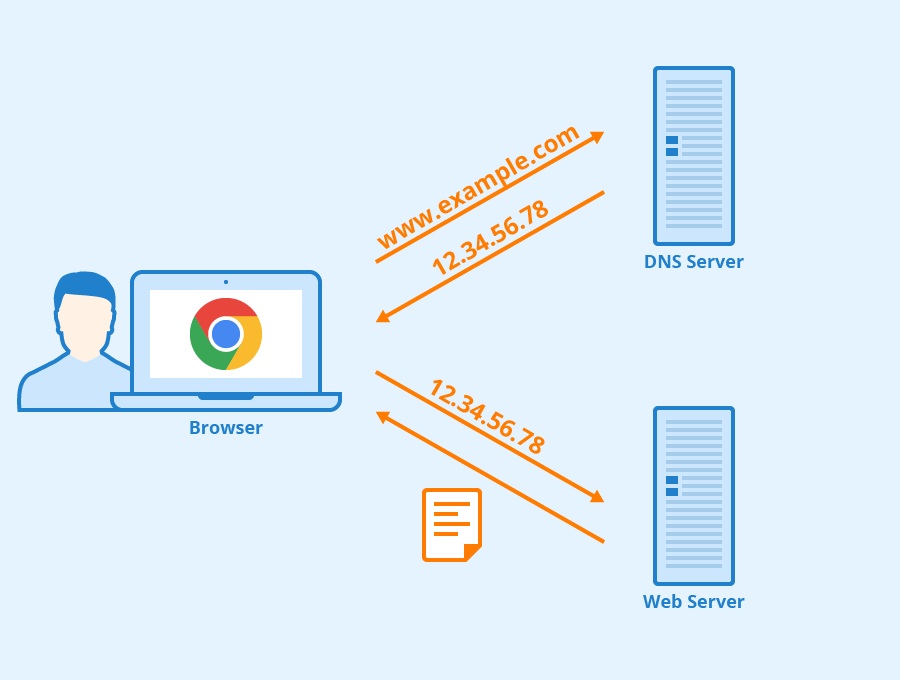
And just like a slow phonebook app makes calling frustrating, a slow DNS server makes gaming connections sluggish.
Where DNS Actually Helps Gaming
- ✓ Faster Game Launches: Quicker authentication server connections
- ✓ Speedier Matchmaking: Faster server list queries
- ✓ Reduced Connection Errors: More reliable than ISP DNS
- ✓ Better Download Speeds: Optimal CDN server selection
- ✓ Security Protection: Blocks malicious game servers
Where DNS Doesn’t Help
- ✗ In-Game Ping: No effect once connected
- ✗ FPS Performance: DNS is network, not graphics
- ✗ Packet Loss: That’s your ISP or WiFi
- ✗ Server Tick Rate: Controlled by game developers
- ✗ Hit Registration: Server-side calculation
The Best DNS Servers for Gaming in 2025
After extensive testing and analysis, these DNS providers consistently deliver the best performance for gamers. Each excels in different areas, so your choice depends on what matters most: raw speed, reliability, or security.
- ✓ Fastest global average response time
- ✓ Privacy-first: No logging of your IP
- ✓ Supports DoH and DoT encryption
- ✓ DNSSEC validation for security
- ✗ No built-in malware filtering
- ✓ Most reliable uptime in the industry
- ✓ Excellent in South America & Asia
- ✓ Rock-solid infrastructure
- ✓ Full DNSSEC, DoH, DoT support
- ✗ Logs data temporarily (24-48 hours)
- ✓ Blocks malicious domains automatically
- ✓ No IP logging under Swiss privacy laws
- ✓ Threat intelligence from 20+ sources
- ✓ Non-profit organization
- ✗ Slightly slower than top two
Control D (76.76.2.1): Advanced features like ad blocking and custom routing
AdGuard DNS (94.140.14.14): Blocks ads and trackers at DNS level
Which DNS is Fastest Where You Live
DNS performance varies dramatically by region due to server locations and ISP routing. What’s fastest in New York might be slowest in Sydney. Here’s how the top providers perform across different regions:
DNS Performance by Region
| Region | Fastest DNS | Average Latency | Runner Up | Notes |
|---|---|---|---|---|
| North America USA & Canada |
Cloudflare | 3-4ms | Quad9 / Google | Dense infrastructure, all providers excellent |
| Europe EU & UK |
Cloudflare / Quad9 | 5-15ms | Google DNS | Quad9’s Swiss base gives edge in some countries |
| Asia-Pacific East Asia & Oceania |
Google DNS | 10-25ms | Cloudflare | Google’s infrastructure strongest in this region |
| South America Brazil, Argentina, etc |
Google DNS | 15-30ms | Cloudflare | Google has best coverage, NextDNS emerging |
| Middle East & Africa UAE, SA, Egypt |
Google DNS | 20-40ms | Cloudflare | Limited options, local DNS sometimes better |
How to Test Which DNS is Actually Fastest for You
Global benchmarks are just starting points. Your ISP’s routing and local network conditions mean the fastest DNS for you might be different. Here’s how to find your optimal DNS server scientifically:
GRC’s DNS Benchmark
The gold standard for Windows users. Tests 200+ DNS servers from YOUR connection to find the absolute fastest options for your specific ISP and location.
Download DNS BenchmarkQuick DNS Testing Guide
ping 1.1.1.1 then ping 8.8.8.8 to compare basic latency.
How to Change Your DNS Settings for Gaming
Once you’ve identified your fastest DNS server, implementing it takes just a few minutes. You can change DNS on individual devices or your entire network through your router.
Windows 11 DNS Setup
Preferred DNS:
1.1.1.1 (or your choice)
Alternate DNS:
1.0.0.1 (or your choice)
Click “Save”
🎮 Console DNS Settings
PlayStation 5:
Settings → Network → Settings → Set Up Internet Connection → Your Network → Advanced Settings → DNS Settings → Manual
Xbox Series X/S:
Settings → Network → Network settings → Advanced settings → DNS settings → Manual
🏠 Router DNS (Best Option)
Changing DNS on your router applies it to every device on your network automatically:
- Access router admin (usually 192.168.1.1)
- Find DNS settings under Internet/WAN/Network
- Change from “Automatic” to “Manual”
- Enter primary and secondary DNS
- Save and restart router
Advanced DNS Features for Power Users
Best DNS
byu/DMbecome1 indns
Beyond basic DNS switching, advanced features can further optimize your gaming experience and protect your network:
🔒 DNS-over-HTTPS (DoH)
Encrypts your DNS queries, preventing ISP snooping and potential throttling of gaming traffic.
Enable in Windows 11: When setting DNS, look for “DNS over HTTPS” dropdown and select “On (automatic template)”
Browser Support: Chrome, Firefox, and Edge can use DoH independently of system settings
🛡️ DNSSEC Validation
Ensures DNS responses haven’t been tampered with, protecting against DNS hijacking attacks.
- Cloudflare, Google, and Quad9 all support DNSSEC
- Enabled automatically when using these providers
- No configuration needed on your end
🎯 Custom DNS Filtering
Block ads, malware, or adult content at the DNS level:
Cloudflare for Families:
• Malware: 1.1.1.2
• Malware + Adult: 1.1.1.3
OpenDNS: Create free account for custom categories
Control D: Most granular control available
Common DNS Gaming Issues and Solutions
Even with the best DNS server, you might encounter issues. Here’s how to troubleshoot the most common problems:
ipconfig /flushdns (Windows) or sudo dscacheutil -flushcache (Mac)Some sites won’t load? Your ISP might be blocking alternative DNS. Try using DoH to bypass restrictions.
Slower than before? The “fastest” global DNS might not be fastest for you. Run local benchmarks!
Connection drops randomly? Add your ISP’s DNS as a third option for redundancy.
The Bottom Line
Optimizing your DNS won’t transform you into a gaming god or magically reduce your ping to zero. But it will make every connection faster, every matchmaking search quicker, and every game download more efficient. For competitive gamers, those saved seconds add up to hours over time.
The best approach? Start with Cloudflare (1.1.1.1) for pure speed, Google (8.8.8.8) for rock-solid reliability, or Quad9 (9.9.9.9) for built-in security. Then run a local benchmark to find what’s actually fastest from your specific connection. The 5 minutes spent optimizing your DNS will pay dividends every time you game.
Frequently Asked Questions
Will changing DNS reduce my ping in games?
No, DNS does not affect in-game ping or latency. DNS only translates domain names to IP addresses during initial connections. Once you’re connected to a game server, DNS is completely out of the picture. Your ping is determined by physical distance to servers and ISP routing quality.
What’s the fastest DNS server for gaming?
Cloudflare (1.1.1.1) typically offers the fastest global average at 4.98ms response time. However, the fastest DNS for you depends on your location and ISP. Google DNS (8.8.8.8) might be faster in South America and Asia, while Quad9 (9.9.9.9) excels in parts of Europe. Always test locally for best results.
Should I use my ISP’s DNS or a public DNS?
Public DNS servers like Cloudflare, Google, or Quad9 are almost always better than ISP DNS. They’re faster (average 5-20ms vs 40-50ms), more reliable, offer better security features, and won’t redirect you to ad pages on failed lookups. ISP DNS servers are often overloaded and poorly maintained.
How do I change DNS on my gaming console?
On PS5: Settings → Network → Set Up Internet Connection → Your Network → Advanced Settings → DNS Settings → Manual. On Xbox: Settings → Network → Advanced settings → DNS settings → Manual. Enter your preferred primary DNS (like 1.1.1.1) and secondary DNS (like 1.0.0.1).
What does DNS actually do for gaming?
DNS speeds up initial game connections, reduces matchmaking wait times, improves download speeds by selecting better CDN servers, prevents connection errors from ISP DNS failures, and can block malicious game servers. It’s like having a faster phonebook for finding game servers.
Is Cloudflare DNS (1.1.1.1) safe for gaming?
Yes, Cloudflare DNS is completely safe and arguably the best choice for gaming. It doesn’t log your IP address, supports modern encryption (DoH/DoT), validates DNSSEC for security, and has the fastest average response times globally. The standard 1.1.1.1 doesn’t filter content, so all game servers remain accessible.
Should I use DNS-over-HTTPS (DoH) for gaming?
Yes, DoH encrypts your DNS queries, preventing ISPs from seeing or throttling gaming traffic. It adds minimal latency (1-5ms) while providing privacy and potentially avoiding ISP traffic shaping. Enable it in Windows 11’s DNS settings or use browsers that support it natively.
Which DNS is best for different regions?
North America: Cloudflare (1.1.1.1) typically fastest. Europe: Cloudflare or Quad9 (9.9.9.9) depending on country. Asia-Pacific: Google DNS (8.8.8.8) often performs best. South America: Google DNS has strongest infrastructure. Middle East/Africa: Google DNS or local alternatives. Always test locally as ISP routing varies.
How often should I change my DNS server?
Once you find a fast, reliable DNS server, stick with it. Only consider changing if you experience connection issues, notice slower performance, move to a new location, or switch ISPs. Run a benchmark test every few months to ensure your chosen DNS is still optimal for your connection.
Can DNS settings cause connection errors in games?
Yes, incorrect or unreliable DNS settings can cause connection failures, authentication errors, or inability to find game servers. If you experience issues after changing DNS, flush your DNS cache (ipconfig /flushdns on Windows) and ensure you’ve entered the addresses correctly. Some ISPs block alternative DNS servers, requiring DoH to bypass.
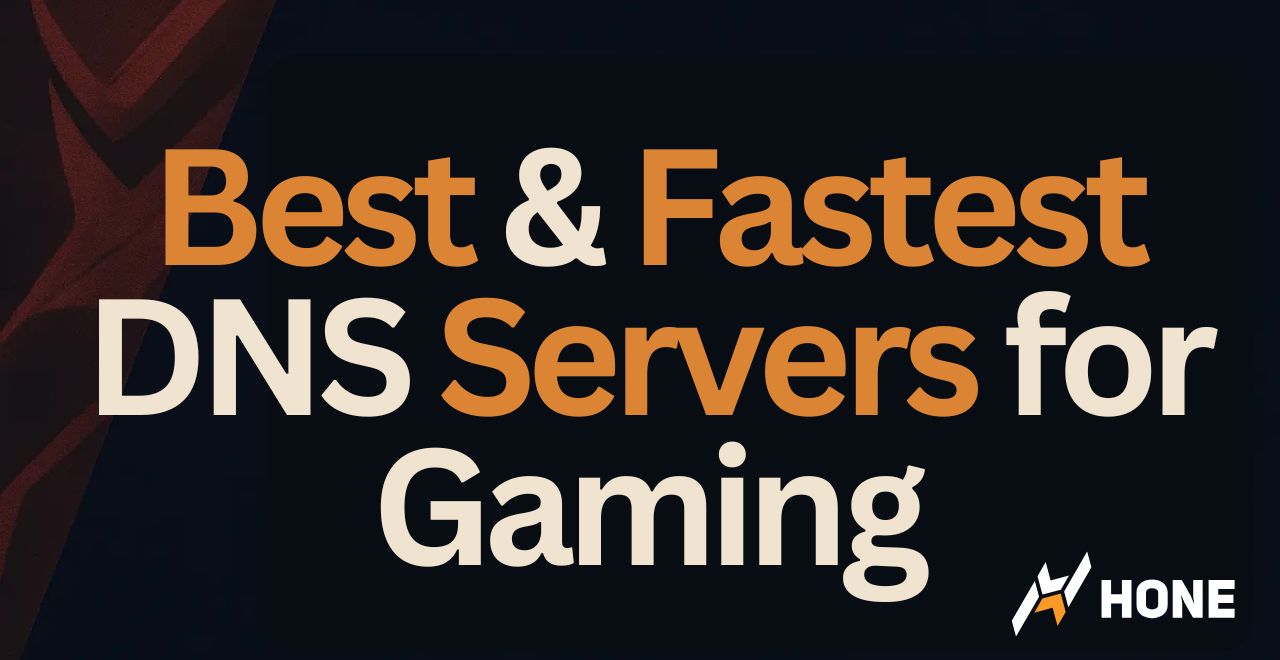

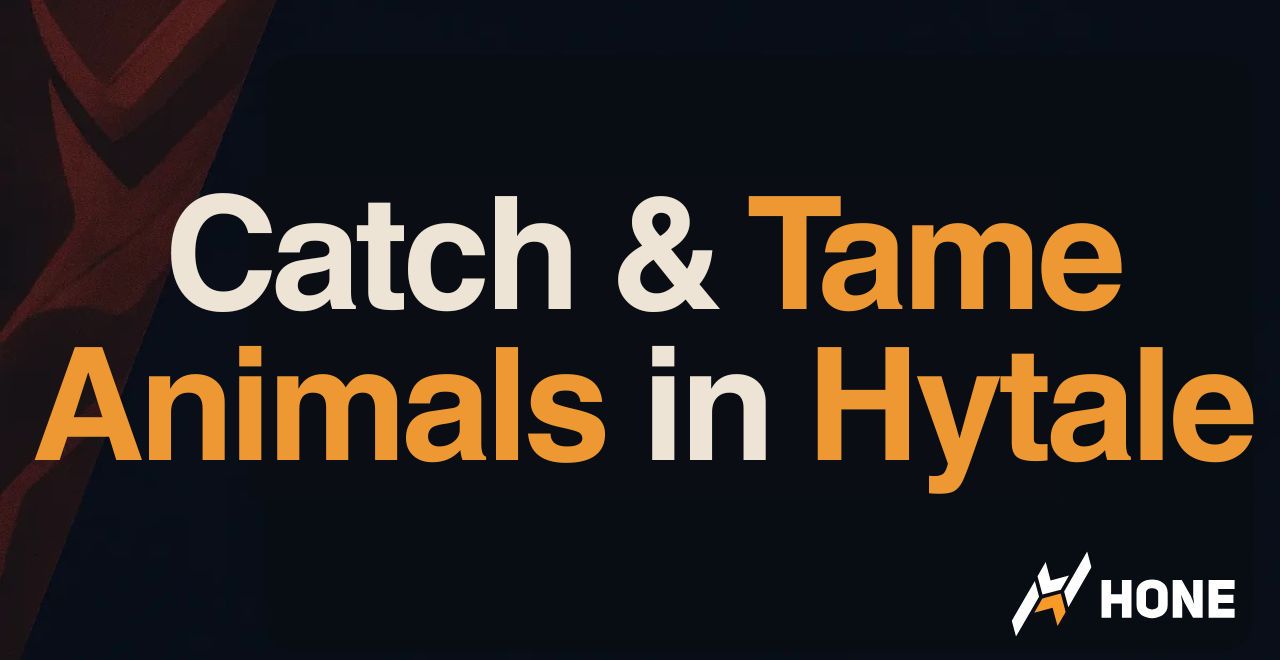
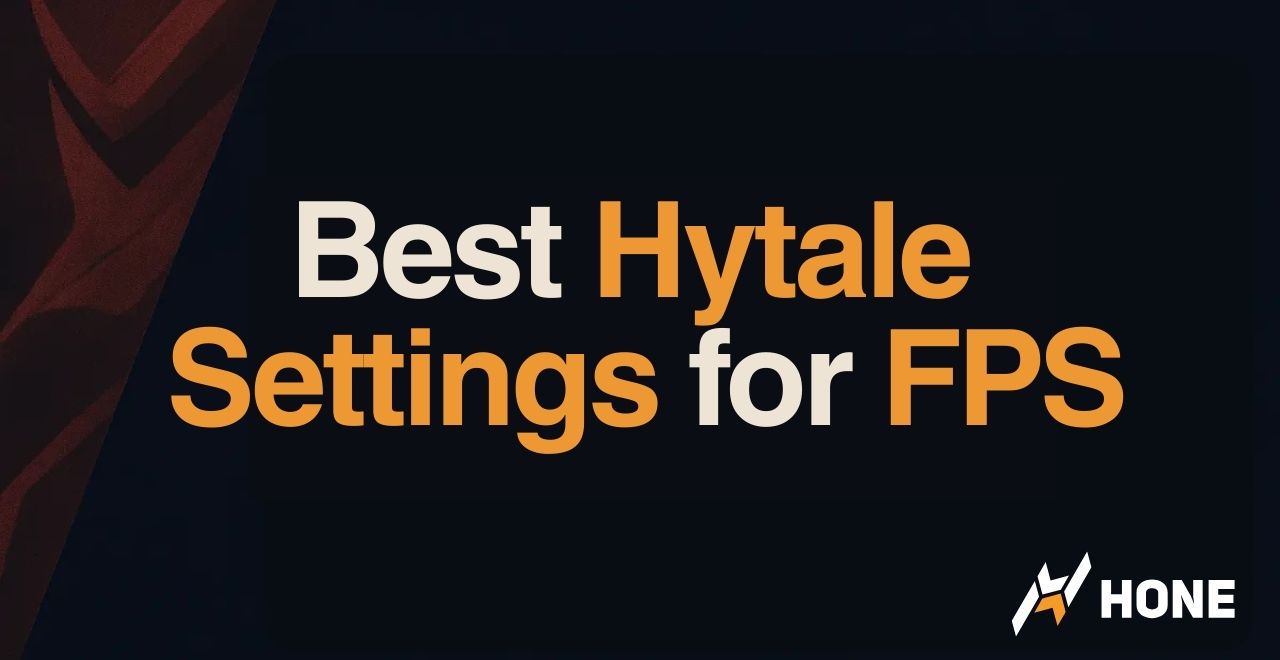
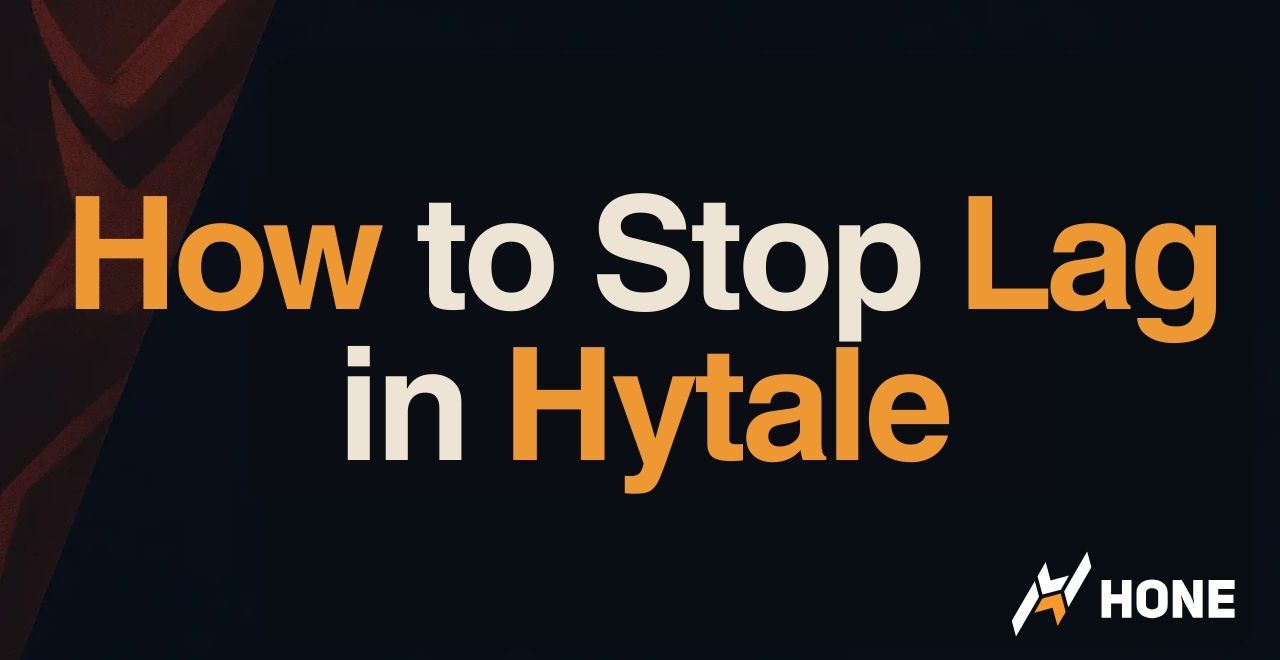
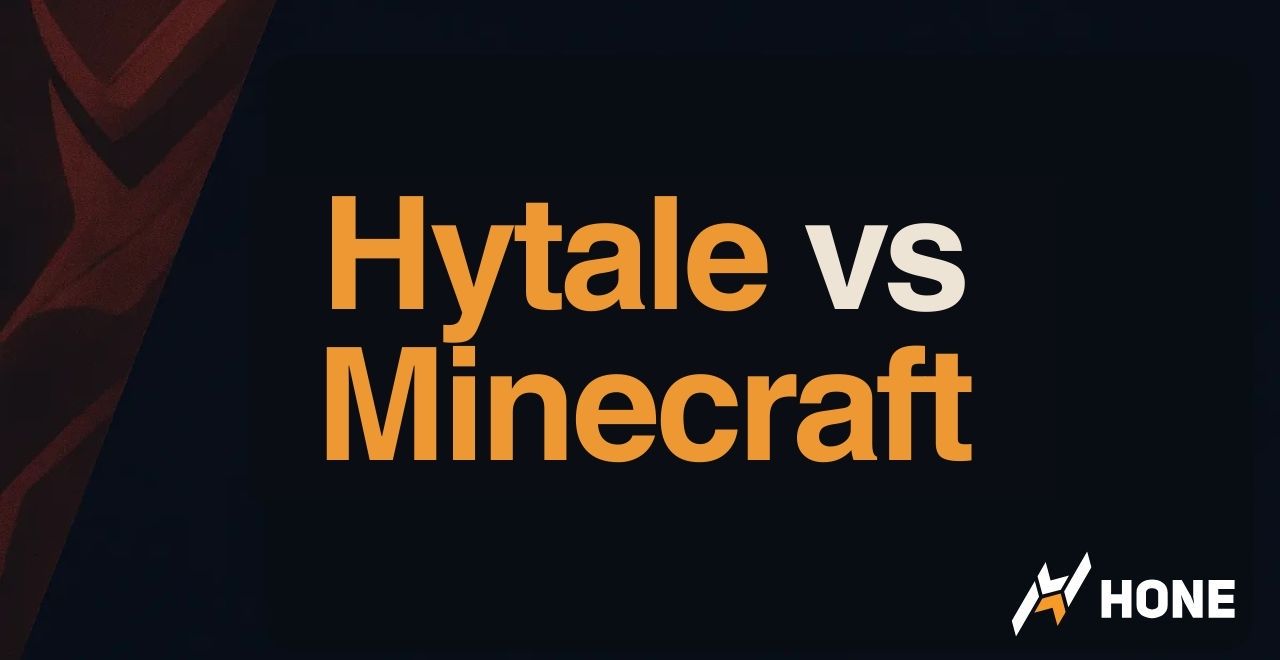
 Discord
Discord
 Instagram
Instagram
 Youtube
Youtube
 TikTok
TikTok